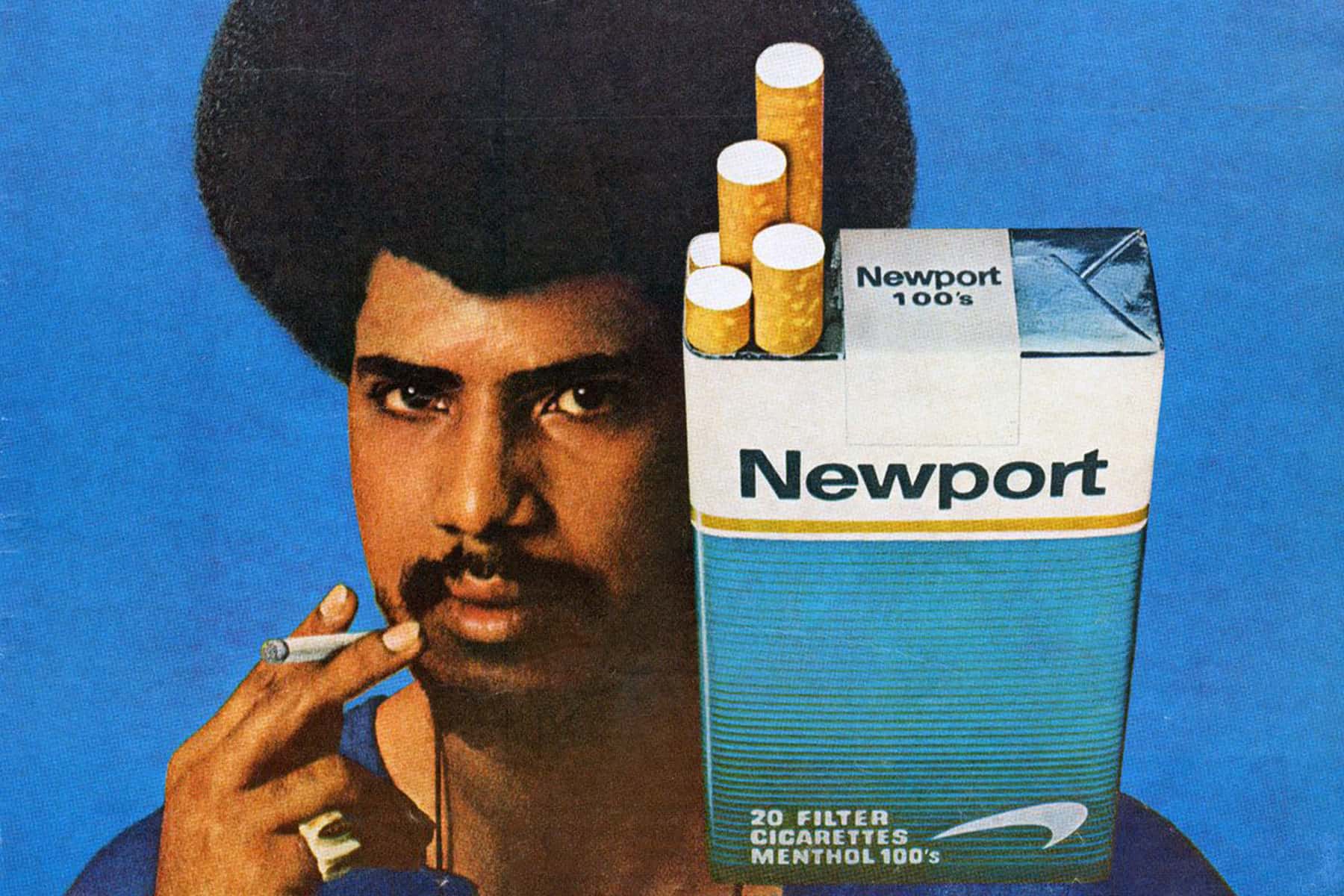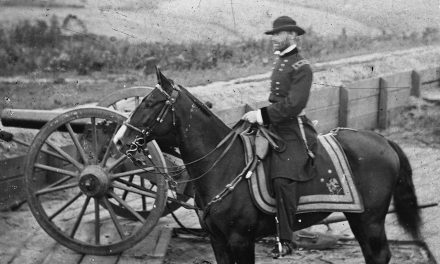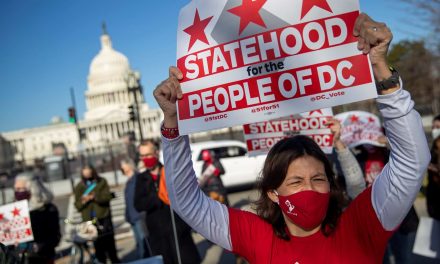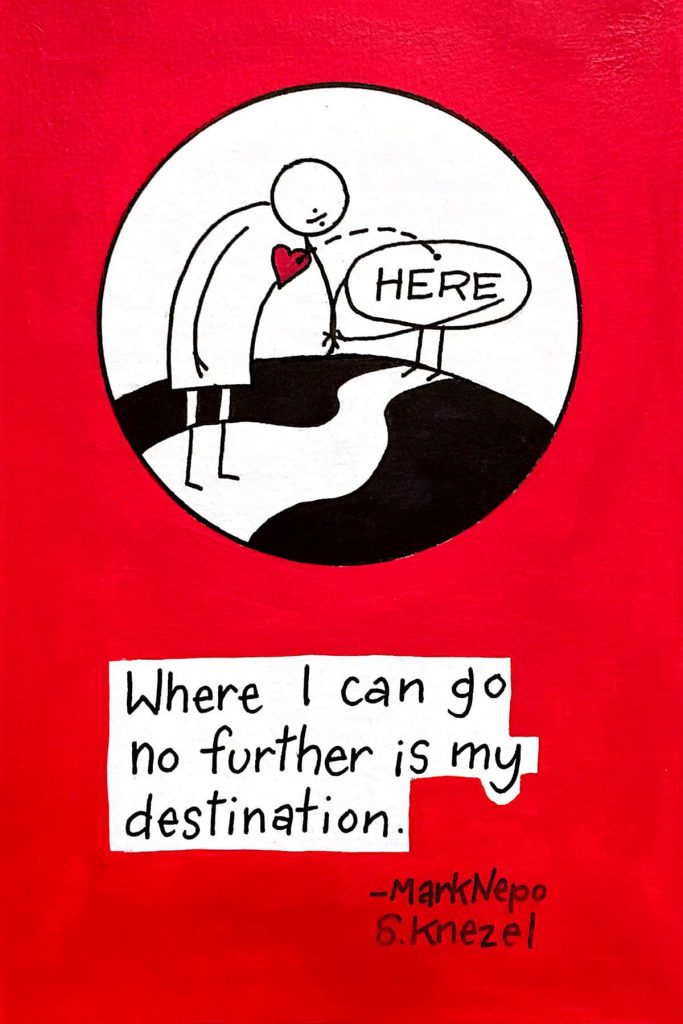
An estimated 45,000 African Americans die each year from tobacco-related illnesses, according to the National African American Tobacco Prevention Network. While this number is in itself staggering, African American smokers are more than 10 times as likely to smoke menthol cigarettes than their white counterparts.
Exploring this and other trends was the goal of the Black Lives / Black Lungs forum, lecture, and screening held on February 21, at the University of Wisconsin-Milwaukee Student Union.
“Menthol advertising is disproportionately directed at and placed in black communities,” Lincoln Mondy narrates during his film, Black Lives / Black Lungs. “Tobacco companies have used predatory practices to push their product on these groups for decades.”
In what could best be described as a double-edged sword, the tobacco companies provided an avenue for black empowerment and visibility through advertising, but were simultaneously building brand loyalty to a product with deadly effects.
The UW Milwaukee Student Union, continuing its series of lectures celebrating Black History Month, hosted the panel of community members, professionals, and advocates featuring distinguished clinical psychologist Dr. Phoenix Matthews of the University of Illinois-Chicago to begin to unpack the facts, myths, and rhetoric surrounding the issue of menthol marketing to the African American community.
The event was sponsored by the University of Wisconsin-Milwaukee, CVS Health Foundation, the American Cancer Society, the Medical College of Wisconsin Cancer Center, the City of Milwaukee Tobacco-Free Alliance, and SPARK: Tobacco-Free Colleges and Universities.
A screening of Black Lives / Black Lungs, a short film created by Mondy during his tenure as a Truth Initiative Youth Activism Fellow, was followed by “The Menthol Exemption: An Example of Public Policy Gone Wrong,” a formal, public health policy-oriented presentation by Dr. Matthews.
In “The Menthol Exemption,” Dr. Matthews made a tongue-in-cheek reference to the Family Smoking Prevention and Tobacco Control Act signed into law by President Obama in 2009. All flavored cigarettes were banned by the legislation, with one exemption: menthol.
The presentation provided an in-depth, data-filled and eye-opening insight into tobacco usage habits and patterns, preferences, and quit attempts, which were all correlated to menthol and the larger African American community. The panel received questions and provided insights on how to tackle the strong ties between tobacco and various African American community institutions.
“You can see quit rates are lower. It’s a very hard thing to do,” Dr. Matthews said. “But they are disproportionately lower among African Americans.”
Maya Randolph, a panelist and Milwaukee high school student active in the Neu Life FACT program, participates in Wisconsin Wins checks, undercover age-compliance checks done in unison with Milwaukee Police Department. Randolph said that menthol seemed to be more heavily advertised in predominantly black areas within the city.
“They advertise them with stickers all over the store, on the windows from the outside,” Randolph said.
The Milwaukee Collaborative Project recently confirmed Randolph’s observation, noting that within the 53209, 53205, and 53206 zip codes, which have a population that is nearly 80% African American, menthol promotions are displayed by 69% of retailers, compared with 30% and under for two other zip code clusters studied within Milwaukee, both of which had proportionately higher white and Latinx populations.
According to one study from the University of California that reinforced much of the material presented during Black Lives / Black Lungs, the tobacco industry purposely sought out relationships with powerful black organizations nationwide, with three inherent goals: “to increase African American tobacco use, to use African Americans as a frontline force to defend industry policy positions, and to defuse tobacco control efforts.”
Recent publications by the Wisconsin African American Tobacco Prevention Network have determined the public is more likely to be targeted by tobacco companies if they are young, black, or poor.
Many long-standing African American institutions are split in their support of proposed menthol restrictions. Although the NAACP is a strong proponent of the recent FDA proposal to ban menthol, local efforts have been stymied by industry-funded attempts to create fear of the potential for increased criminalization of black men who continue to use menthol products.
Nelson Sederstrom
Originally published on the Milwaukee Neighborhood News Service as Black Lives / Black Lungs: How big tobacco targets African American communities















